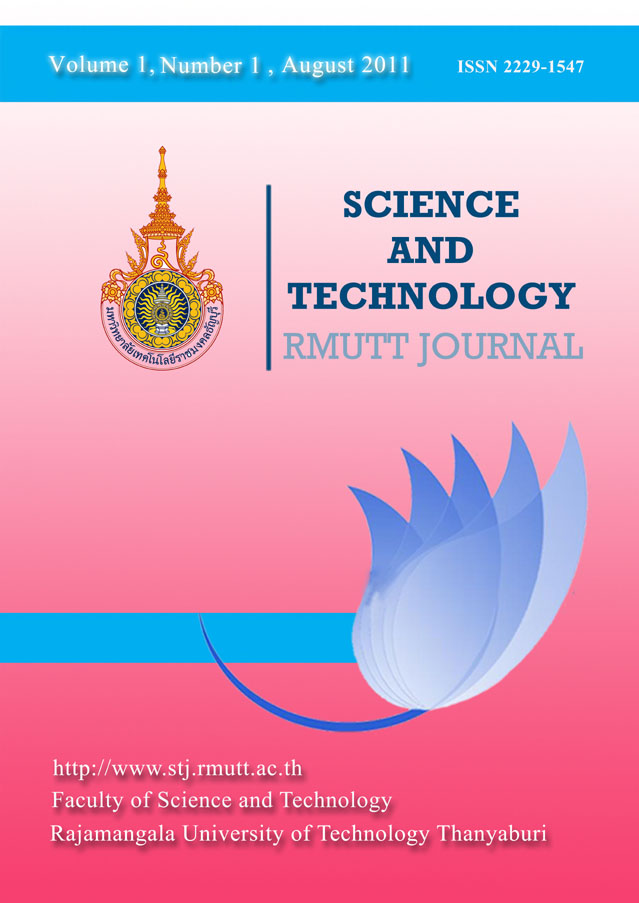On two diophantine equations 4x + 7y = z2 and 4x + 11y = z2
Main Article Content
Abstract
In this paper, we show that diophantine equations 4x + 7y = z2 and 4x + 11y = z2 have no solution in non-negative integer.
2000 Mathematics Subject Classication : 11D61
Article Details
References
D. Acu, On a diophantine equation 2x+5y = z2, General Mathematics, Vol.15, No. 4 (2007), 145-148.
M.B. David, Elementary Number Theory, 6th ed., McGraw-Hill, Singapore, 2007.
H.R. Kenneth, Elementary Number Theory and its Application, 4th ed., Addison Wesley Longman, Inc., 2000.
P. Mihailescu, Primary cyclotomic units and a proof of Catalan's conjecture, J. Reine Angew. Math., 572, 167-195 (2004).
L.J. Mordell, Diophantine Equations, Academic Press, New York, 1969.
J. Sandor, On a diophantine equation 3x + 3y = 6z , Geometric theorems, Diophantine equations, and arithmetric functions, American Research Press Rehobot 4, 2002, 89-90.
J. Sandor, On a diophantine equation 4x +18y = 22z, Geometric theorems, Diophantine equations, and arithmetric functions, American Research Press Rehobot 4, 2002, 91-92.
W. Sierpinski, Elementary Theory of Numbers , Warszawa, 1964.
J.H. Silverman, A Friendly Introduction to Number Theory, 2nd ed., Prentice-Hall, Inc., New Jersey, 2001.


